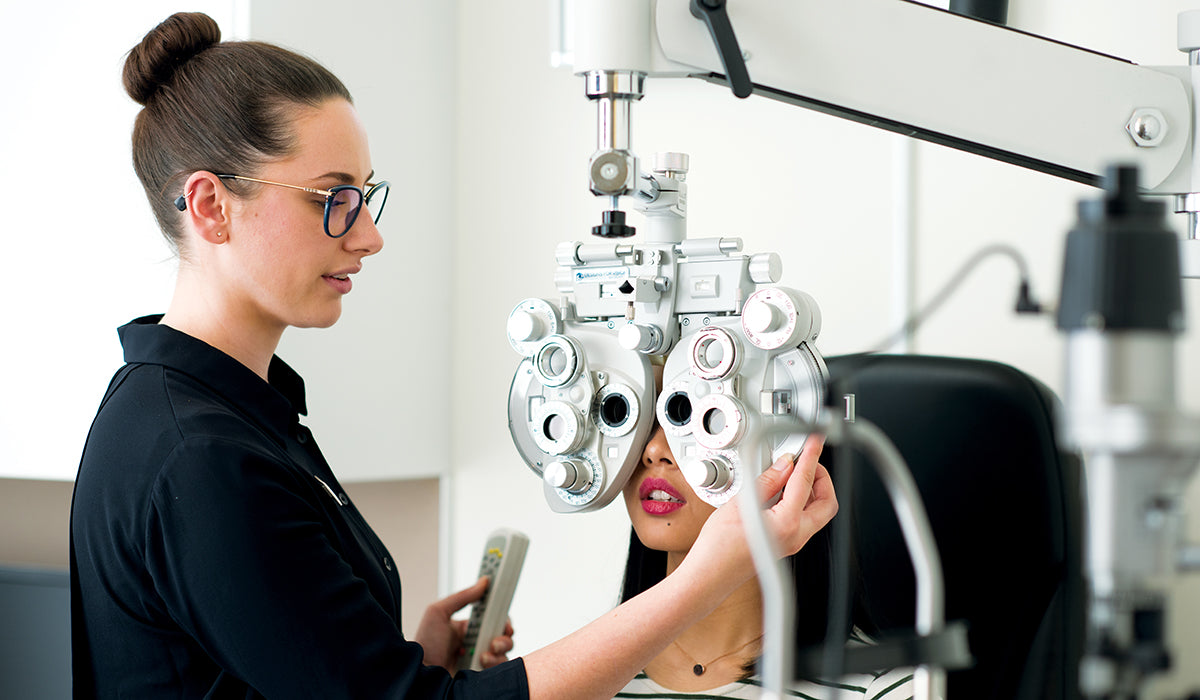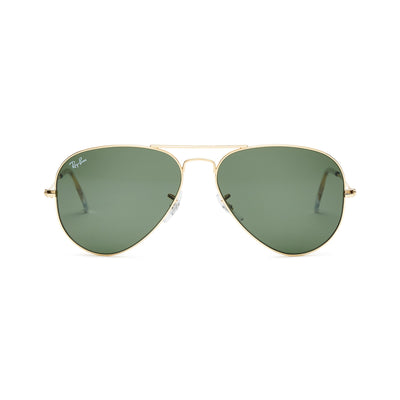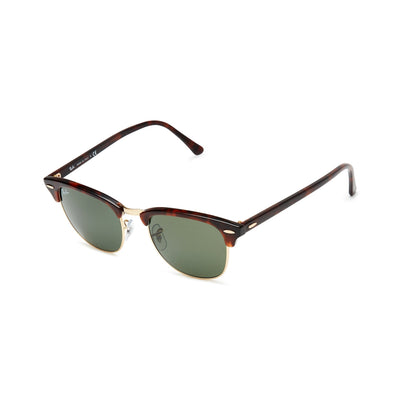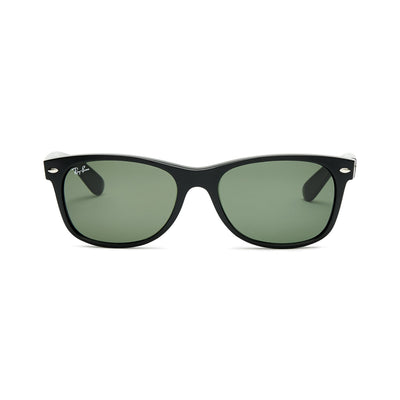6 surprising lifestyle factors that impact eye health

You’ve heard it before – things like diet, exercise and exposure to UV light can affect our bodies. But many people don’t realise this includes the health of our eyes, too.
Read on to learn more about how being mindful of our day-to-day activities can protect our eyes.
1. Screen time
Many of us spend a huge part of our day looking at screens – but the experts are telling us it’s causing irritated eyes, blurred vision and headaches.
“When you’re looking at a screen, you don’t blink as much, which can cause dry eyes,” says Bupa optometrist Karen Makin. “And when you continually focus on something at a close distance, it may cause your eyes to strain.”
Screen time is also linked to short-sightedness – or myopia – which causes distant objects to appear blurred. You’ll usually notice it in childhood and it’s becoming more common.

2. Pregnancy hormones
Along with those swollen ankles and morning sickness, pregnancy hormones can also affect your eyesight. Fluid can build up in the eye or behind the eyeball, changing the way light passes through the eye and affecting your vision.
Here’s an interesting fact: “Some women who wear contact lenses find they can’t wear contact lenses during pregnancy,” says Makin.
3. Smoking
It’s more likely that smokers will see their eyesight deteriorate than non-smokers. It’s actually a major factor that’s contributing to the development of age-related macular degeneration – the most common cause of blindness in the Western world.
Heavy smokers are also more likely to develop cataracts, and if you have type 1 or 2 diabetes and smoke, you’re more likely to develop diabetic retinopathy, which can lead to blindness.
4. Going without sunnies
It’s worth getting yourself a good pair of sunglasses – and not just to make a fashion statement. “Not wearing sunglasses exposes your eyes to UV light, which can cause cataracts to come on earlier and also cause pterygium – little deposits that grow onto the cornea of your eye,” says Makin.
5. Unhealthy diet
“Diets rich in green leafy vegetables, oily fish, vitamins and minerals are really good for our eyes, and in particular can prevent or slow the progression of macular degeneration,” says Makin. “If you have an unhealthy diet, particularly over time, you might be more prone to macular degeneration in older age.”
Healthy eating habits can also help to reduce your risk of diabetes, which is a significant cause of vision loss.

6. Lack of exercise
Exercise is great for your eye health. In fact, studies show your risk of cataracts, macular degeneration and glaucoma are lower when you get that heart rate up. You’ll also reduce the risk of high blood pressure, high cholesterol and type 2 diabetes, which can cause damage to the eyes.
“Lack of exercise can lead to blood pressure issues that show up in the blood vessels in the retina in the eye,” says Makin. “When it’s particularly bad, you can get blockages in blood vessels, which can affect your vision.”

We're here to help
Speak to your optometrist if you have any questions or book an eye test today.
You might also like to read...
View all-

How to minimise eyesight deterioration
While not all eye conditions can be prevented, there is a lot you can do to take care of your eyes to minimise eyesight deterioration.
How to minimise eyesight deterioration
While not all eye conditions can be prevented, there is a lot you can do to take care of your eyes to minimise eyesight deterioration.
-

What’s on the menu for healthy eyes?
Certain foods are good for your eyes, so why not eat more of them? Taking care of our diet can help prevent or manage health conditions like diabetes and high...
What’s on the menu for healthy eyes?
Certain foods are good for your eyes, so why not eat more of them? Taking care of our diet can help prevent or manage health conditions like diabetes and high...
-

How to look after your eyes
We all know how powerful the sense of sight is – but when we think of body health, we often don’t think about what our eyes need.
How to look after your eyes
We all know how powerful the sense of sight is – but when we think of body health, we often don’t think about what our eyes need.









